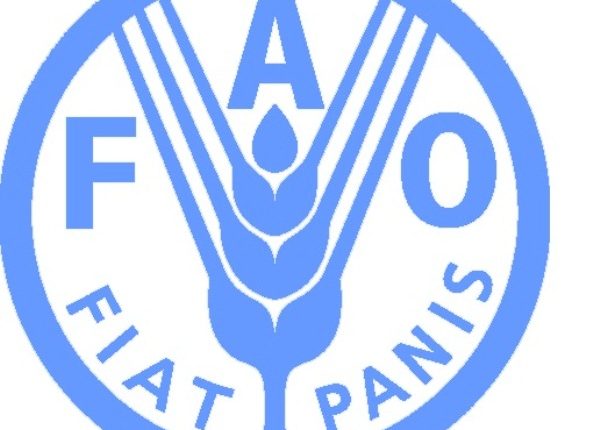With support from the global aquatic value chain development programme FISH4ACP, Zimbabwe has made significant strides in enacting the first-ever Fisheries and Aquaculture bill. This landmark legislation is poised to revolutionize the country’s fisheries and aquaculture sector.
The development of the bill was coordinated by FISH4ACP, an initiative of the Organization of African, Caribbean and Pacific States (OACPS) implemented by the Food and Agriculture Organization of the United Nations (FAO) with funding from the European Union (EU) and the German Federal Ministry for Economic Cooperation and Development (BMZ).
“The bill provides a comprehensive and cohesive legislative framework which represents a critical turning point for Zimbabwe’s fisheries and aquaculture sector. Spearheaded by FAO through its FISH4ACP programme, the development of the bill has been a collaborative effort, involving extensive multi-stakeholder consultations across the country,” said Patrice Talla, FAO Subregional Coordinator for Southern Africa and Representative to Zimbabwe.
Special efforts were made to include women and youth, ensuring inclusive participation. The consolidated feedback from the country-wide consultations laid the foundation for the zero-draft developed in close consultation with the Attorney General’s office and FAO legal experts.
In 2022, FISH4ACP conducted an aquaculture value chain analysis, identifying the policy and legal framework as a necessary accelerator to unlock Zimbabwe’s aquaculture sector.
“This bill is a game-changer, streamlining regulations, promoting sustainable practices, and driving growth in the industry. I am confident that we can unlock new opportunities for economic development, food security, and job creation,” said Milton Makumbe, Director – Fisheries and Aquaculture Resources Department in the Ministry of Lands, Agriculture, Fisheries, Water and Rural Development.
The EU is proud to see how our support through the FISH4ACP programme is already catalysing tangible progress in Zimbabwe’s aquaculture sector—from the development of robust legislation to the rollout of breeding centres and fingerling hubs. These milestones lay the groundwork for an inclusive and sustainable fish value chain that can unlock millions in added value, create decent jobs — especially for women and youth—and contribute meaningfully to national food security and economic resilience” said, Jobst von Kirchmann, EU Ambassador to Zimbabwe.
“With this new Bill and a clear vision for 14,000 tonnes of farmed tilapia and USD 22 million in annual value by 2032, Zimbabwe is laying the foundations for a sustainable and inclusive blue economy,” added the Ambassador.
At a recent workshop, the draft was reviewed and validated by key stakeholders. It is now ready to be put before parliament and enacted into law.
“This bill can safeguard the future of Zimbabwe’s fish farmers,” said Loraine Motsi, a farmer at the workshop. “It preserves the integrity of the supply chain from fingerlings to feed, enabling farmers to produce high-quality fish and build a thriving aquaculture industry that benefits our entire nation.”
The bill is a cornerstone of Zimbabwe’s ambition to develop a one USD 1 billion fish economy by fully utilizing its available water resources to fight hunger and malnutrition.
It is going to promote the ease of doing business in the fish industry and facilitate investment into the aquaculture value chain, which currently stands at USD22 million dollars of added value, according to the value chain study by FISH4ACP.
FAO has spearheaded the development of aquaculture by providing technical support towards the establishment and rehabilitation of three breeding centers and two fingerling distribution hubs in Zimbabwe. The breeding centers and the fingerling distribution hubs are aimed at promoting the use of good genetics in the aquaculture sector.
FISH4ACP is a 5-year initiative (2020-2025) of the OACPS to support sustainable fisheries and aquaculture development. FISH4ACP seeks to enhance the productivity and competitiveness of twelve fisheries and aquaculture value chains in twelve OACPS member countries, making sure that economic improvements go hand in hand with environmental sustainability and social inclusiveness. It will pay special attention to small and medium-sized businesses because of their potential to deliver economic and social benefits, particularly for women and youth.
The Nile tilapia aquaculture value chain in Zimbabwe is one of 12 value chains competitively selected from over 70 proposals worldwide for support from the FISH4ACP programme.
Distributed by APO Group on behalf of Food and Agriculture Organization of the United Nations (FAO): Regional Office for Africa.


